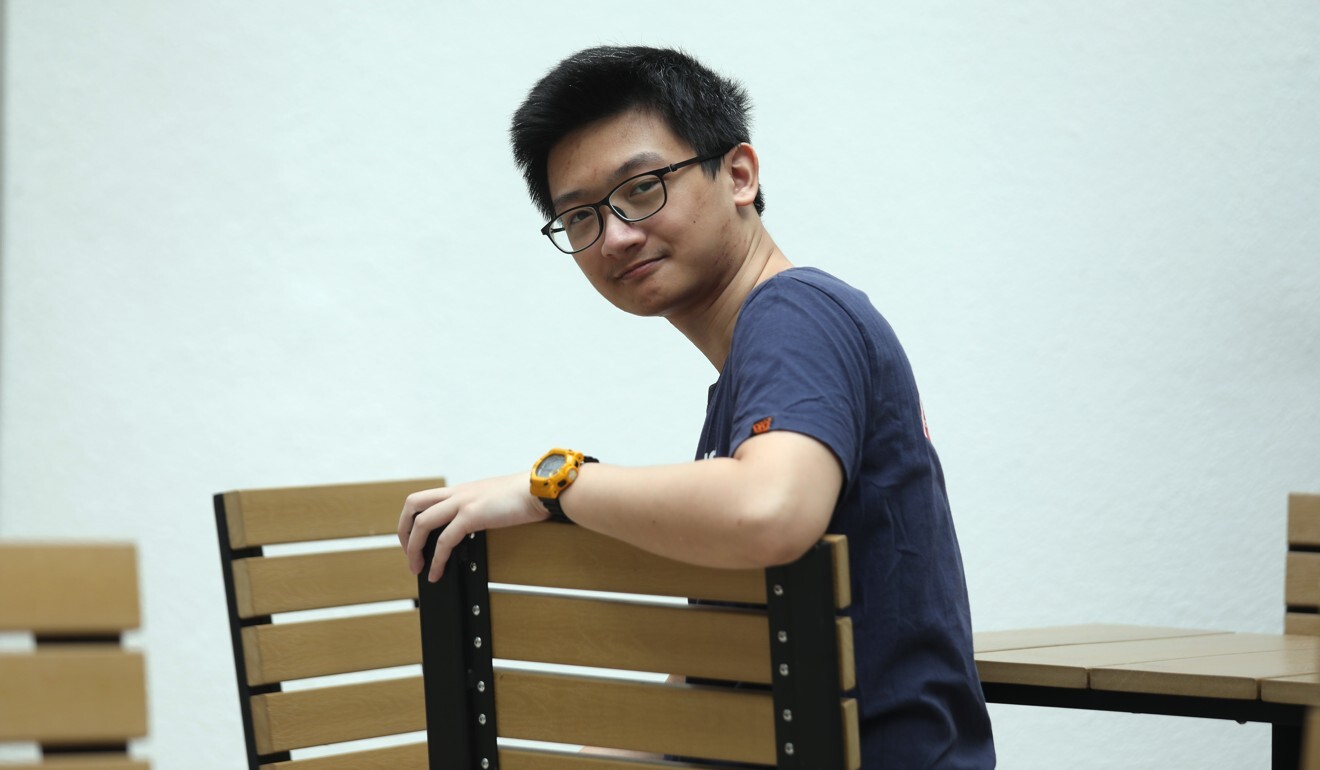
Uncertain future awaits Hong Kong graduates in a world battling coronavirus and recession
- Few bright spots for hiring, even internships dry up as city deals with impact of pandemic
- Amid gloom, government scheme creating thousands of temporary positions offers a silver lining
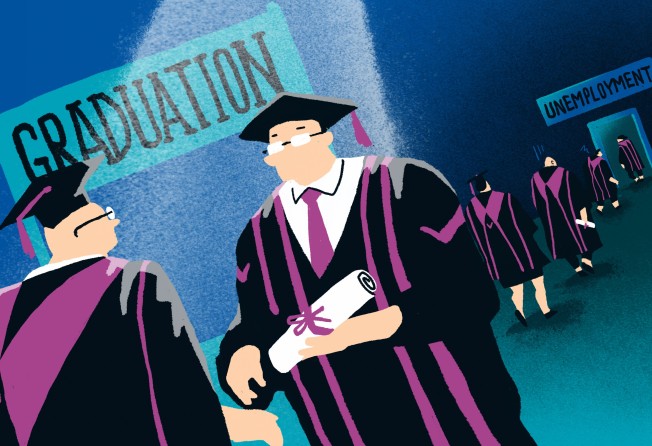
This is the third instalment of a five-part series in which the Post takes a look at unemployment in Hong Kong, as the city grapples with the aftermath of the months-long civil unrest and the pandemic. You can read parts part one here, two here and four here.
Hong Kong’s fragile economy has left too many young people chasing after too few jobs as the Covid-19 crisis continues to bite.
Although much looks bleak, from the city’s weak economic outlook to the shortage of openings for fresh graduates and internships for those looking for temporary work, there is a silver lining.
The government is pressing ahead to create thousands of temporary jobs, some companies and sectors are still hiring, and universities are helping their students to find work, including by calling on alumni to provide a leg up to this year’s graduates.
One of the rare jobseekers to land a plum job this year is Daniel Cheung, 22, a computer science graduate from the Hong Kong University of Science and Technology (HKUST).

An alumnus of his university working at a European investment bank recommended him, and he was hired as a technical analyst. He started in August at HK$40,000 (US$5,160) a month, at least twice the average pay of a fresh graduate.
“Many banks have stopped hiring or even laid off staff, so I couldn’t be happier to get a dream job,” said Cheung, who went through four rounds of interviews before being selected.
For most other young people, it will be a struggle finding work in a shrunken job market hit hard by the pandemic, the city’s year-long social unrest, and also the new national security law drawn up by Beijing and put into force on June 30.
“It’s a tough summer for companies and individuals looking for job opportunities,” said Natellie Sun, managing director of headhunting firm Randstad’s Greater China operations.
“Many companies have not yet resumed operations, there is a hole in employment. Uncertainty over the national security law has led some companies to put a pause on hiring until they know how it will impact their business.”
She said, however, that there was a bright spot for jobs in financial technology, e-commerce and information technology.
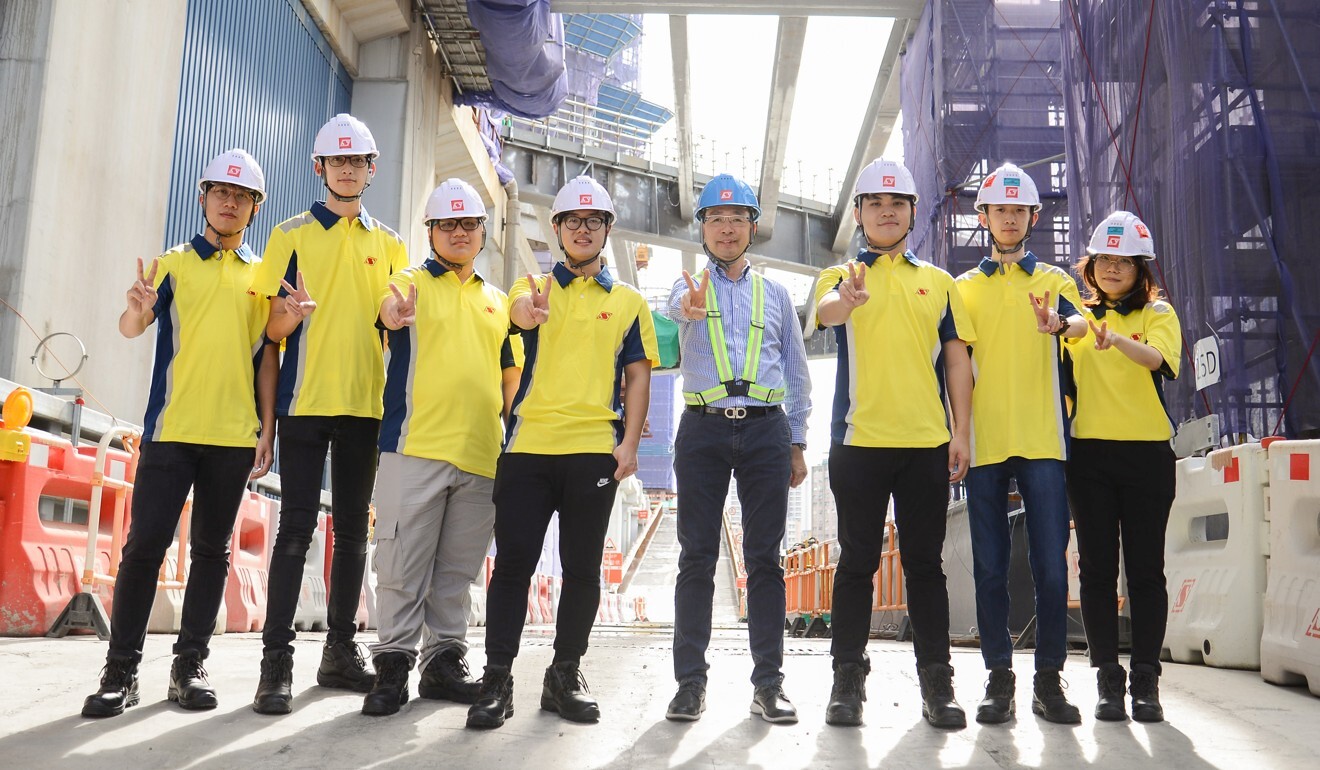
The city’s overall unemployment rate of 6.2 per cent in June was the highest in more than 15 years, and young people aged between 20 and 24 recorded the worst unemployment rate among all age groups, 14.3 per cent.
Hong Kong’s economy in the second quarter fell just short of the record year-on-year decline set earlier in 2020. Gross domestic product plunged 9 per cent between April and June from the same period last year after a revised 9.1 per cent drop recorded in the first three months of this year, the steepest quarterly decline since records started in 1974.
The government estimated that the economy would contract by between 4 and 7 per cent this year, following a 1.2 per cent decline in 2019.
The latest wave of the Covid-19 outbreak, with a sharp rise in new cases, has led to the reintroduction of preventive measures to contain the pandemic. Bars have been shut, no dining-in is allowed at restaurants between 6pm and 5am, and a maximum of two people are allowed at each table during other hours.
The Covid-19 pandemic has infected more than 18 million people worldwide and left more than 690,000 dead. Hong Kong has recorded more than 3,600 cases and at least 40 deaths.
Secretary for Food and Health Professor Sophia Chan Siu-chee has warned that even stricter social-distancing measures could be put in place.
Hong Kong’s economy will remain in recession this year, and improvement will be shallow and narrow
With the third wave of infections, many employers have told their staff to return to working from home.
Standard Chartered Bank’s Greater China senior economist, Kelvin Lau Kin-heng, forecast the unemployment rate would continue to rise as high as 6 to 7 per cent in the third quarter and only stabilise in the fourth quarter.
“Hong Kong’s economy will remain in recession this year, and improvement will be shallow and narrow,” he said. “The city is still in a near lockdown, there are still restrictions on travelling globally, and the downturn in tourism persists.”
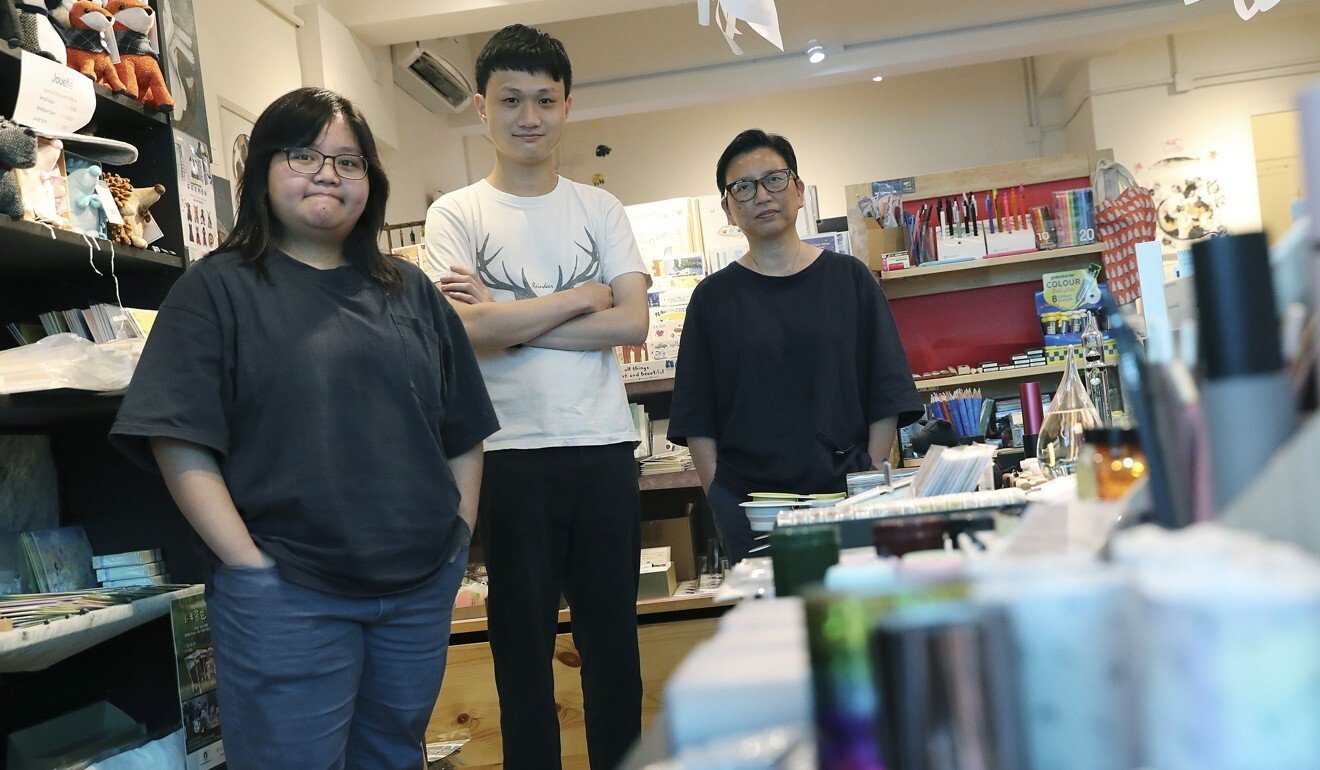
To ease the employment crunch, the government earmarked HK$6 billion out of HK$290 billion worth of pandemic relief measures to create about 30,000 temporary jobs in both the public and private sectors over the next two years. These jobs will last for 12 months at most.
The Civil Service Bureau said that as of the end of June, 700 of these openings had been filled and recruitment had begun for about 7,000 more.
Chief Executive Carrie Lam Cheng Yuet-ngor said recently that more jobs would be created especially for the city’s 21,000 fresh graduates.
So far, more than 5,000 temporary jobs have been created in government, including for 1,000 engineers, 500 environmental ambassadors and eco-tourism guides, 1,750 jobs related to town planning and architecture, and 1,000 in the financial technology and banking industry.
The government sector will also have 10,000 civil service openings in 2020-21 for recruits to replace those retiring and fill new posts. It will also have about 5,000 short-term internships for young people.
Aside from the government efforts, some companies have opened opportunities for younger people.
Sanfield Building Contractors, the construction arm of Sun Hung Kai Properties, one of Hong Kong’s biggest property developers, has created more openings for undergraduates and fresh graduates through internship and apprenticeship programmes.
Despite the high unemployment rate in the construction industry, it will be hiring 102 interns this year, five times more than last year, and they will be paid HK$12,000 a month on average, double last year’s rate.
The company has accepted 50 fresh graduates for its apprenticeship scheme, up from 30 last year.
“These initiatives will provide more opportunities to younger people and help bring in new blood to an industry that is associated with an ageing workforce,” said Sanfield’s human resources director, Pele Lai Siu-ki.
“We also need more, younger staff in coming years for several big residential projects that are in the pipeline.”
Sanfield’s full-time workforce of 3,000 has an average age of 40, considerably lower than the industry average of 55.
Competition for its internships was keen, with 345 applications for 102 spots. Lai said most of the applicants were from the University of Hong Kong (HKU) and Polytechnic University (PolyU).
Over in Causeway Bay, Pauline Wong, the sole proprietor of the Tree Stationery shop, created a summer internship programme for the first time.
Part of the reason I got the job was that I applied what I learned by joining the university’s robotics team, which exposed me to many soft skills that can’t be learned in class
She conceded that the pay of HK$50 per hour was not great. Her two interns cost about HK$4,000 per month, funded by the HK$80,000 government pandemic subsidy for retailers.
“I hope they learn skills such as the right attitudes for work and living, which they can’t learn in classes, and broaden their horizon and exposure,” she said. “The earlier they learn this, the better.”
One of her interns, Parco Lai Yin-tsun, 18, did not mind travelling almost three hours a day twice a week, commuting between the shop and his home in Yuen Long, in the New Territories.
The summer job was the first for Lai, while awaiting the results of the Hong Kong Diploma of Secondary Education (HKDSE) examinations.
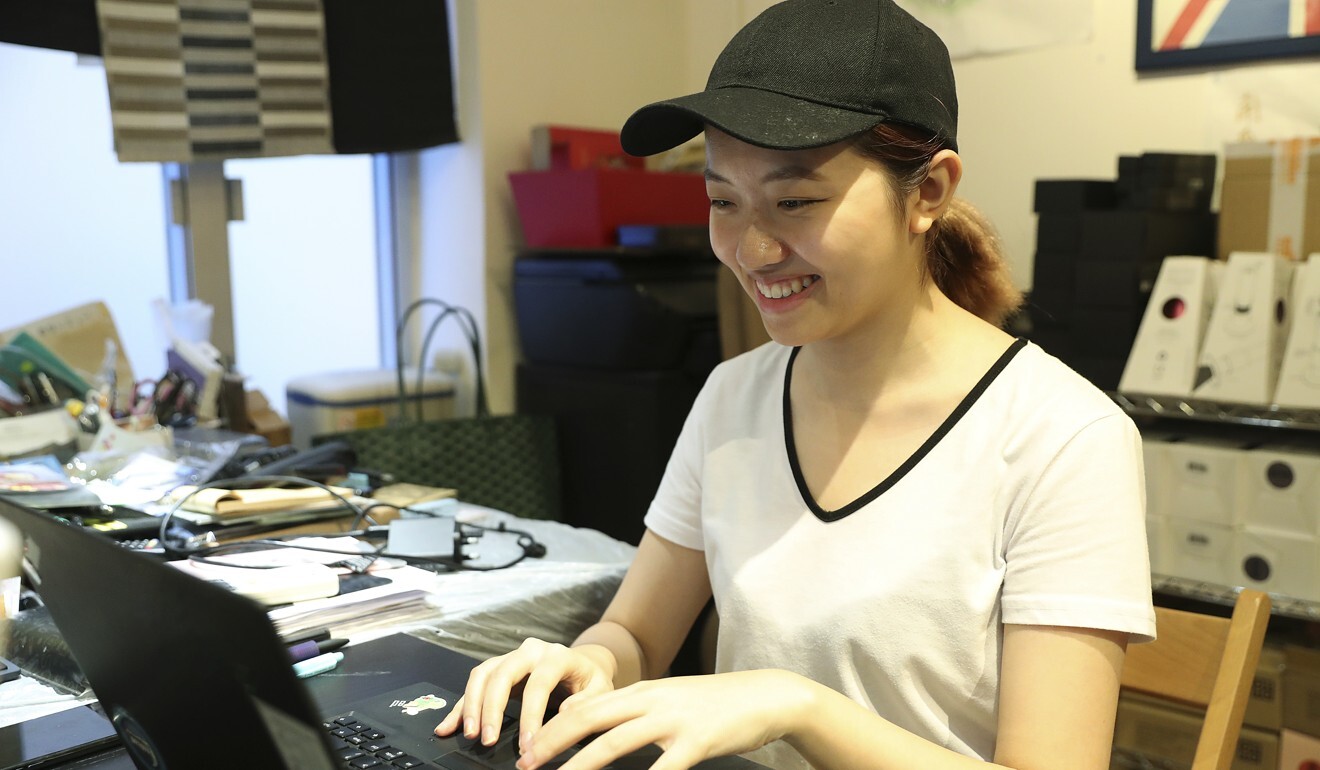
“I feel so lucky that I got an internship, many of my classmates couldn’t get any job,” Lai said. “Even though I spent only two days a week at the shop and do not earn much, this was a great experience.”
He said he had improved his interpersonal communication skills and learned how to work with others as a team. He is planning to study psychology in university.
Another intern at the shop was the owner’s niece, Natalie Wong Sze-ting, 17, who was also awaiting the HKDSE results. She found her six-week stint meaningful and eye-opening.
“An opportunity like this is rare, especially for someone my age,” said Wong, who hopes to do a nursing course.
Athena Chung Pui-kwan, 21, an undergraduate at City University, has applied unsuccessfully for half a dozen internships with the government since May.
“There has been no response at all, and it’s obvious the pandemic has resulted in more people going for internships,” said the translation and interpretation student.
She said she would continue checking the university’s website every two days for new opportunities, and hoped something would come up before the new term in September.
Beatrice Chung Wai-kwan, 21, realised how much the job market had changed when she found herself at a loose end over the summer.
The third-year student at Education University said: “I worked with an insurance company over the summer three years ago and they asked me to work again last summer. But this summer, I tried to contact them repeatedly, but to no avail.”
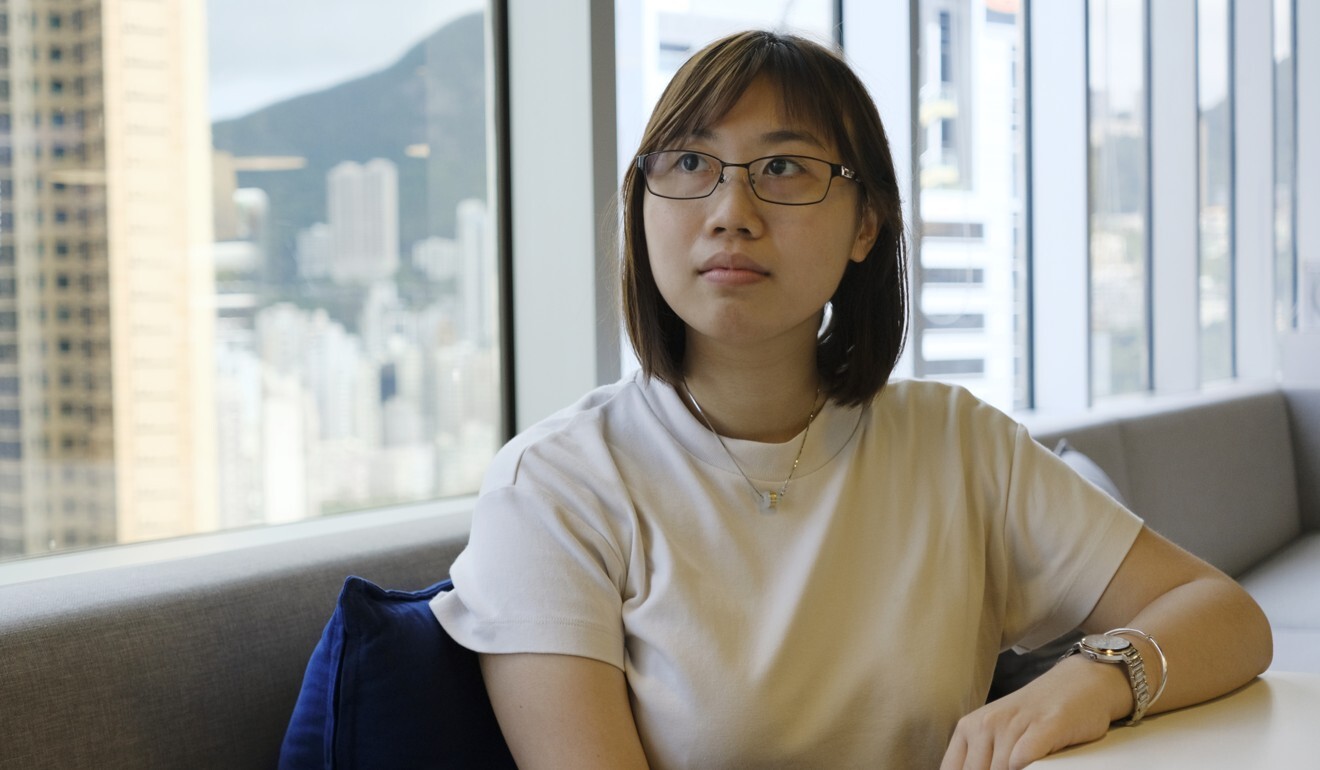
She has decided to use her break to improve herself and raise her chances of landing a job in future.
“I used to get up anytime I liked during holidays and spend the day without making any plans,” said Chung, who is majoring in English and Chinese language and hopes to become a writer. “Now I have a disciplined daily routine of waking up at 7am, and I spend the day reading books and the news and practising my writing.”
Hong Kong’s eight largest universities have pumped extra resources into creating temporary jobs and short-term courses to help their students this year.
HKU has set aside HK$40 million for a scholarship for 500 students in the 2020 graduating class to attend 49 programmes in nine faculties. It will also take 50 fresh graduates for a new four-month internship at the university.
PolyU and HKUST are among those that have begun tapping their alumni to find jobs for new graduates. Baptist University’s alumni helped to produce a list of 300 full-time vacancies and 250 internships.
HKUST graduate Daniel Cheung, who found his bank job through the recommendation of an alumnus, said undergraduates could improve their chances of being employed by having a well-rounded university life.
“It is important to be equipped not just with academic achievements, but also extracurricular experience,” he said.
“Part of the reason I got the job was that I applied what I learned by joining the university’s robotics team, which exposed me to many soft skills that can’t be learned in class.”
Read part two of the series, in which the Post takes a look at unemployment in Hong Kong, and part one, where we explore how Hongkongers are tightening their belts and dipping into their savings.
This is the third instalment of a five-part series in which the Post takes a look at unemployment in Hong Kong, as the city grapples with the aftermath of the months-long civil unrest and the pandemic.

